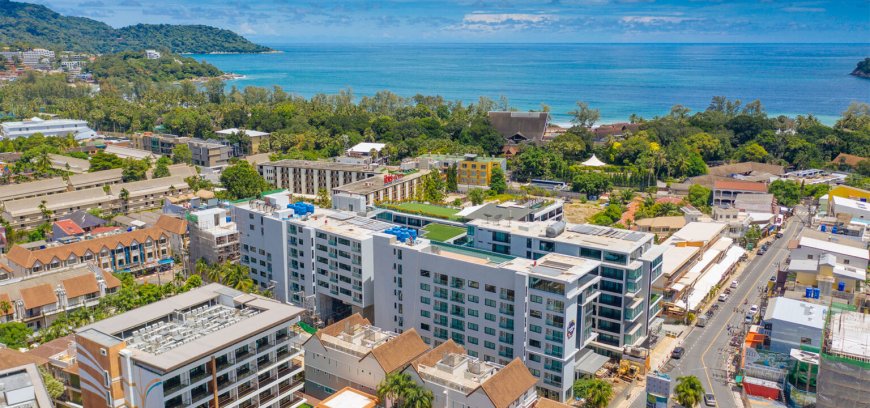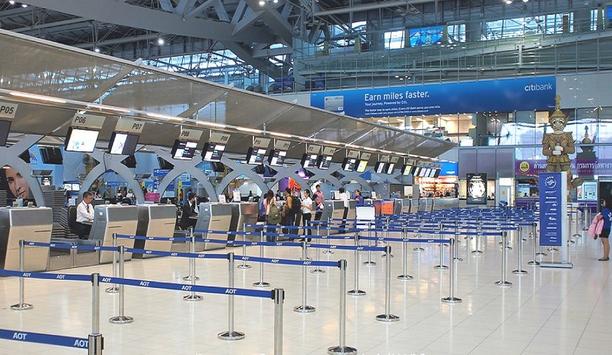Airspace Closures Cause Sharp Decline
The escalating Israel-Iran conflict, which began on June 13, 2025, is disrupting Thailand’s tourism industry, with arrivals from Iran, Iraq, Jordan, Lebanon, and Syria projected to drop by up to 50% in June 2025. These five markets, accounting for 7% of Middle Eastern visitors, saw 100,781 travelers in June 2024. The Tourism Authority of Thailand (TAT) warns that ongoing airspace closures are deterring tourists, particularly during the Eid al-Adha festival, a peak travel period.
Flight Cancellations Disrupt Travel
Mahan Air Halts Bangkok, Phuket Routes
Major airlines, including Tehran-based Mahan Air, have suspended flights to Thailand due to airspace restrictions over Iran, Iraq, Jordan, and Syria. Carriers like Emirates, Etihad, Qatar Airways, and Oman Air are rerouting flights to avoid conflict zones, causing delays and cancellations. This has led to a near-total loss of Iranian visitors, with popular destinations like Bangkok and Phuket already seeing fewer Middle Eastern tourists.
Key Destinations Feel the Impact
Hotels in Phuket, Bangkok Affected
Thailand’s tourism hotspots—Bangkok, Pattaya, Phuket, and Chiang Mai—are bracing for significant short-term losses, as Middle Eastern visitors, who contributed 7,165 arrivals during last year’s Eid al-Adha, postpone or cancel trips. Hotels in these areas, reliant on the 80% of Middle Eastern travelers from Saudi Arabia, UAE, and Qatar, face declining bookings as safety concerns over regional air travel grow.
Long-Term Risks to Regional Markets
Broader Middle East Travel at Stake
The TAT is closely monitoring potential long-term effects on major markets like Saudi Arabia, UAE, Oman, Kuwait, Qatar, and Bahrain, which dominate Thailand’s Middle Eastern tourism. If perceptions of unsafe air travel persist, these markets could also see declines, threatening the TAT’s goal of 1.06 million Middle Eastern visitors and 86 billion baht in revenue for 2025.
Hope for Recovery by July
New Routes Planned Despite Tensions
If the conflict subsides by late June 2025, tourism could rebound in July, with Royal Jordanian Airlines set to launch twice-weekly Amman-Bangkok flights in August. However, prolonged hostilities could delay recovery, depending on the war’s economic and infrastructural toll. The TAT remains cautiously optimistic, emphasizing Thailand’s resilience in overcoming past tourism challenges.
Strategic Response to Crisis
TAT Targets Tourism Resilience
To mitigate losses, the TAT is promoting alternative markets and reinforcing Thailand’s appeal as a safe destination. Despite the current downturn, Thailand’s tourism sector, which welcomed 36 million visitors in 2024, is poised to adapt. The agency is also collaborating with airlines to restore confidence in travel routes, aiming to maintain growth momentum in the face of regional instability.
Economic Stakes for Thai Tourism
Balancing Growth Amid Uncertainty
The Israel-Iran conflict’s impact extends beyond immediate cancellations, with potential ripple effects on Thailand’s economy, where tourism accounts for 12% of GDP. A 30–50% drop in arrivals from the five affected markets could cost billions in revenue, particularly if extended to wealthier Gulf nations. Swift resolution and strategic marketing will be crucial to sustaining Thailand’s tourism-driven economic growth.









